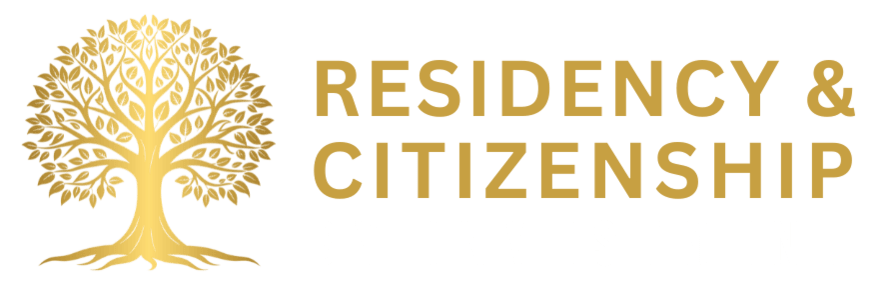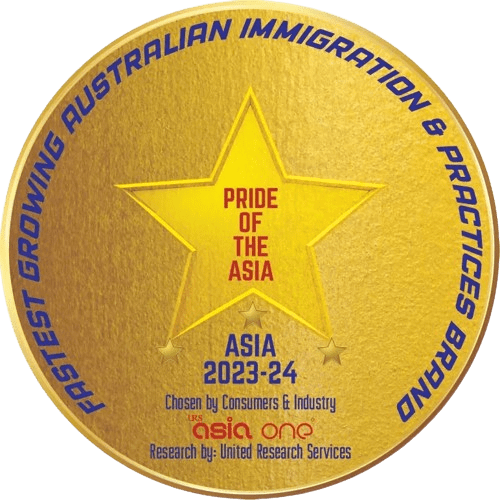The childcare system in Australia is designed to support working families and provide a nurturing environment for their children. There are various types of childcare services available:
- Long Day Care (LDC): Long Day Care centres offer full-day care for children aged 6 weeks to 6 years. These centres operate during standard working hours and provide a structured environment with educational programs based on the Early Years Learning Framework (EYLF).
- Family Day Care (FDC): Family Day Care is a home-based childcare option in which small groups of children are cared for in the educator’s home. This personalised care model is ideal for parents seeking a more intimate and flexible arrangement.
- Occasional Care: Occasional Care centres are a great choice for parents who need flexible, short-term care for short-term tasks such as attending appointments or running errands.
- In-Home Care: For families with non-standard working hours or special needs, In-Home Care allows a qualified educator to care for children in the family’s home.
- Preschool and Kindergarten: Preschools and kindergartens provide early learning programs for children aged 3 to 5 that prepare them for school. These programs focus on developing social, emotional, and cognitive skills.
The Australian Government offers a Child Care Subsidy (CCS) to reduce childcare costs for eligible families. The subsidy amount depends on household income, hours of work, and the type of care used.
Australia’s education system is globally recognised for its high standards. Schooling is compulsory for children aged 6 to 16 years (this varies slightly by state). The system offers three main types of schools:
- Public Schools: Public schools are government-funded and provide free education for children. Migrant families on certain visa types may need to pay small fees, but the cost remains significantly lower than private schools. Public schools are known for their multicultural environment, which helps children adapt and integrate.
- Private Schools: Private schools charge tuition fees and often offer enhanced facilities and extracurricular activities. They may have religious affiliations or specific educational philosophies, such as Montessori or Steiner.
- Catholic and Other Faith-Based Schools: Faith-based schools provide a blend of general education and religious teachings. They are an excellent choice for families seeking education aligned with their beliefs. Fees are generally lower than other private schools.
- English as an Additional Language or Dialect (EAL/D) Support: Most schools provide EAL/D programs to help children whose first language is not English. These programs assist in developing language skills and adapting to the Australian curriculum.
- Multicultural Environment: Australia’s schools celebrate cultural diversity, fostering an inclusive environment where migrant children can thrive. Cultural programs and community events encourage acceptance and understanding.
- Before and After School Care (BASC): BASC programs offer supervised care for working parents before and after school hours. These programs include homework help, recreational activities, and snacks.
- Research Schools and Childcare Centers: Explore options in your area and consider visiting facilities to understand their environment, staff, and programs.
- Check Government Websites: Use tools like the MyChild.gov.au portal to find childcare options and calculate subsidies.
- Understand State-Specific Requirements: Each state in Australia has its own education policies and application processes, so check local guidelines.
- Consider Accessibility: Look for childcare and schools near home or work to simplify daily logistics.
Childcare and education are key considerations for any migrant family settling in Australia. The country’s comprehensive and inclusive systems ensure children have access to high-quality education and care. By researching and understanding the available options, families can make informed decisions to give their children the best start in their new home.
Whether enrolling in a welcoming public school or finding a nurturing daycare, Australia provides the foundation for children to grow, learn, and thrive.
















